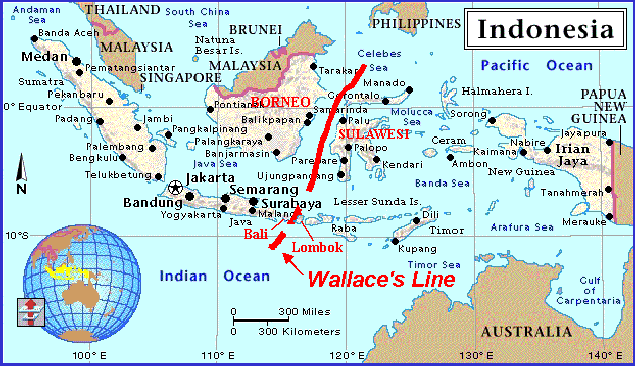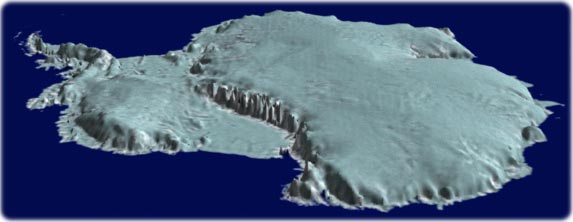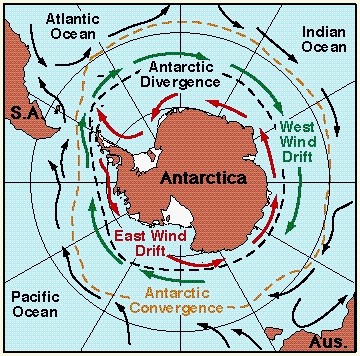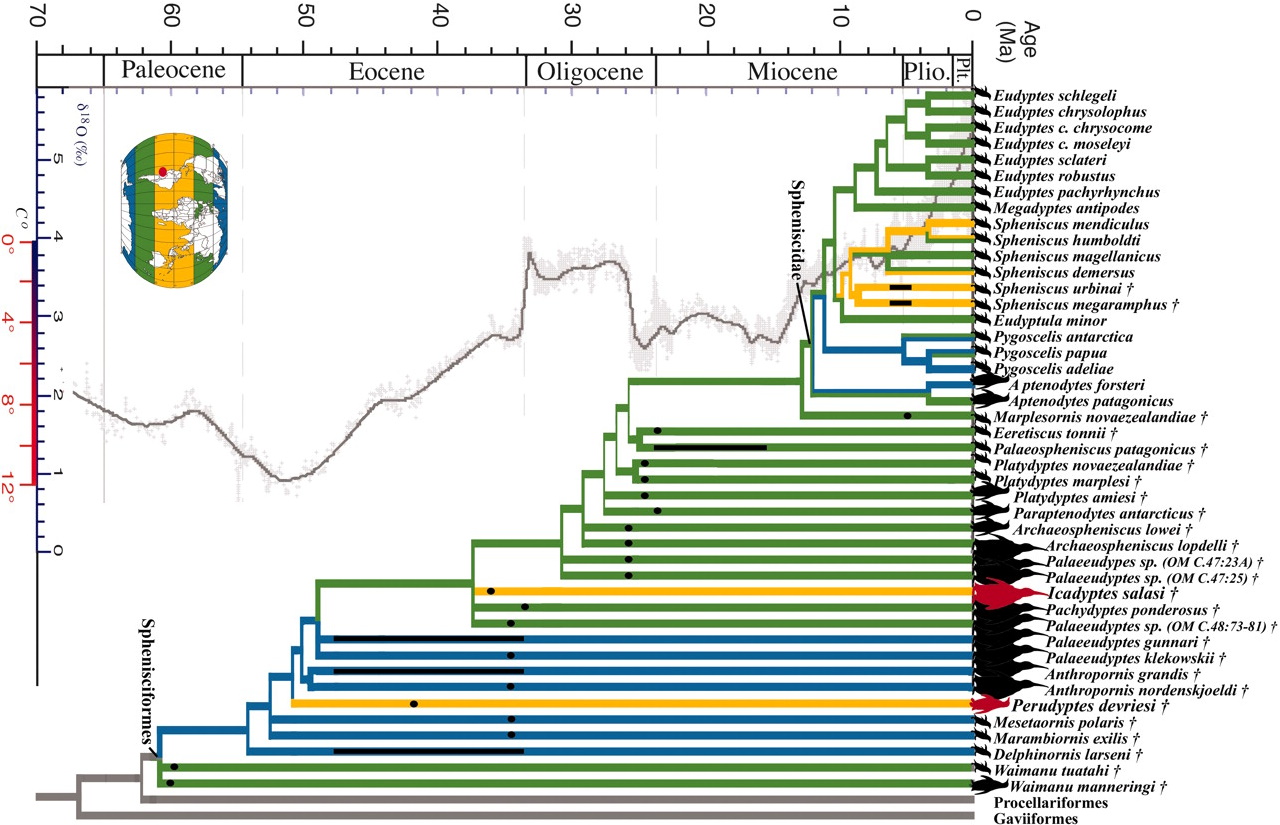Sunday, 02 December 2012
 Dr
Cannell notes that one of the most important findings of the study was
of the correlation between higher sea surface temperatures around April
and reduced breeding performance. Image: WhatsallthisthenA RECENT study has found links between environmental conditions and breeding performance in a colony of Little Penguins (Eudyptula minor) near Rockingham.
Dr
Cannell notes that one of the most important findings of the study was
of the correlation between higher sea surface temperatures around April
and reduced breeding performance. Image: WhatsallthisthenA RECENT study has found links between environmental conditions and breeding performance in a colony of Little Penguins (Eudyptula minor) near Rockingham.Researchers have correlated the strength of the Leeuwin Current and timing of breeding of the colony on Penguin Island, as well as a link between sea surface temperature and breeding success.
The correlation is linked to a decrease in many species of fish that Little Penguins feed on.
Murdoch University Research Associate Dr Belinda Cannell says, “When there’s a strong Leeuwin Current in the summer prior to breeding, the [penguin’s] laying will end up finishing later.”
Delayed laying is dangerous for the health of the colony.
“The later they lay in the season, the less likely they are to successfully raise those chicks because it’s moving into the times they have to moult,” Dr Cannell explains.
Little Penguins are unable to hunt for food during moulting as they are without waterproof feathers.
Later laying times also make for increased mortality rates due to higher temperatures.
“It also means they’re raising chicks when the terrestrial temperatures are getting very hot, so there’s an increased chance of chicks dying,” she says.
Dr Cannell notes that one of the most important findings of the study was of the correlation between higher sea surface temperatures around April and reduced breeding performance.
“The chicks were lighter when they fledged; there were fewer chicks per pair, fewer eggs actually hatched and fewer eggs resulting in successful fledglings”, she says.
A correlation was also found between breeding success and environmental conditions in the winter months of the previous year.
“When the sea surface temperature and the Leeuwin Current were stronger in the year prior to breeding, the laying of the eggs will be earlier in the year.
“The earlier they lay, the more likely they are to lay two clutches, the healthier the chicks are and the more likely they are to survive.”
The analysis uses data from between 1986 and 2008, with various measures of breeding performance being compared to oceanographic data to develop statistical models. These models are then tested against new data from 2009 to 2011.
Dr Cannell says the study is valuable as one of few long-term data sets nationwide for marine fauna, describing the penguins as “ideal sentinels of climate change.”
She says the colony of Little Penguins is an excellent way of evaluating changes to the environmental system as a whole.
source

















No comments:
Post a Comment